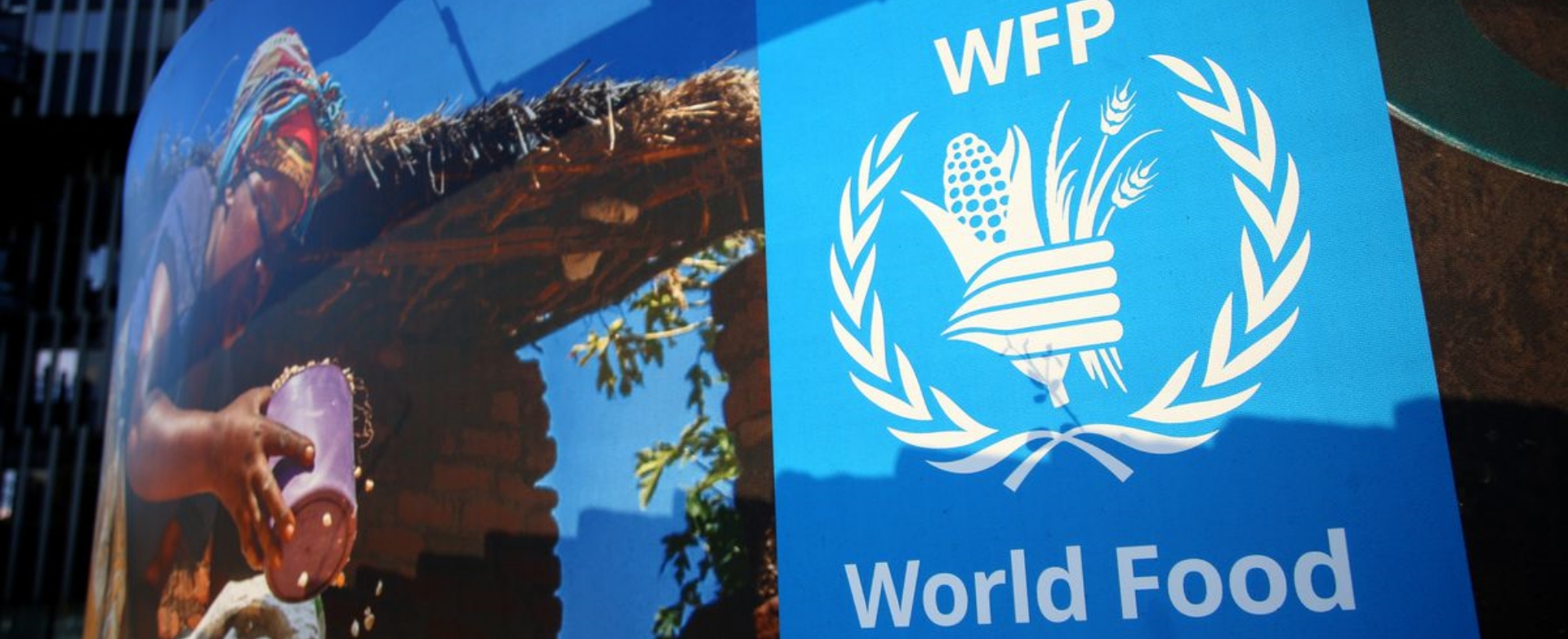Filters
Education: Egyptian Knowledge Bank (EKB)
In 2016, Egypt deployed the Egyptian Knowledge Bank (EKB), which is now the World's most extensive digital library granting access to unlimited resources exclusively for all Egyptians. EKB came in as the first step in Egypt's quest for digital learning to create a culture that aims for a society that can learn, think, and innovate. EKB has full access to 38 of the top publishers worldwide like WILEY, Springer, National Geographic, Britannica, Oxford, Emerald, Sage and many more.
Educational Tools: Lego-Like Mobile Classroom
The Ministry of education in Egypt implemented an innovative solution that saves time and money. "Fasly" or My Classroom is a light constructed mobile classroom inclusive of flooring, walls, windows, and HVAC (Heating, Ventilation, Air Conditioning) systems. It is composed of partitions similar to Lego, which makes it flexible in size. It can be anything from a small one level classroom to a large multi-level classroom. Mobile Smart Classrooms come fully equipped with the needed ICT infrastructure like internet connectivity and smart interactive whiteboards.
Educational Tools: Tablets
In Egypt, tablets will usher the end of printed textbooks for the secondary stage (grades 10, 11, 12) where every student of almost 2 million enrolled students have received his/her tablet by now. The Ministry of Education and Technical Education is working on an ongoing project to equip every student from the 4th grade onward with a tablet, but due to limited resources and because 10th, 11th, and 12th-grade students have the most demanding workload, they are the first recipients of tablets.
Egyptian subsidy program
This program has been a mainstay in the GoE social safety net infrastructure assisting millions of Egyptians. The food subsidy system includes two main subsystems: a ration card (RC) which offer RC holders specific quotas of subsidized commodities (sugar, oil, rice, and tea) and subsidized Balady Bread (BB), which is distributed through market outlets.
Financing for development
WFP in partnership with the Central Bank of Egypt, National Bank of Egypt, and Banque Misr, launched a national programme to support rural communities with agri-business and financial literacy, benefiting 26,600 community members in their economic transition and contribution to Egypt’s formal economy.
First 1000 days programme
WFP is supporting the Government of Egypt with addressing malnutrition problems, which are part of the broader National public health priorities as per the Sustainable Development Strategy and Egypt Vision 2030. WFP collaborates with the Ministry of Social Solidarity to support the 'First 1000 days' national program, which integrates with the Takaful and Karama social safety net programme. The program targets PLWs and children under two with unconditional cash transfers. Each child receives a monthly cash transfer, with a maximum of two children per family in line with the national initiative of family planning (two children per family), targeting thousands of Takaful and Karama registered children in 27 governorates.
Flour Fortification
WFP, MOSIT and NNI, jointly collaborated for the revival of the National Flour Fortification Programme to help combat iron deficiency anaemia through a capacity and infrastructural assessment of existing flour mills nationwide and through the review of iron and folic acid premix requirements for flour fortification.
Gender Equality Seal
Furthermore, Egypt is the first Arab country and the second globally to develop a certification program for government and the private sector based on the success of the gender equality seal. The Seal provides Egyptian companies guidance on how to address challenges for women, such as access to work, wage inequities, sexual harassment, work-life balance and access to leadership positions.[1]
[1] Egypt today
Geospatial Platforms: Ministry of Local Development (MoLD)
MOLD is responsible for coordinating various efforts of other ministries, governorates, and local executive entities to achieve general development in the local units of all governorates and contributing to the achievement of sustainable economic and social development goals
The Geospatial Information Management Portal is a reliable tool to support decision-making at all levels based on evidence, that focuses on the progression of current national projects and service delivery for citizens and vulnerable population such as, Hayah Karima” Decent Life” initiative, Solid waste management, Population issues,..etc.

